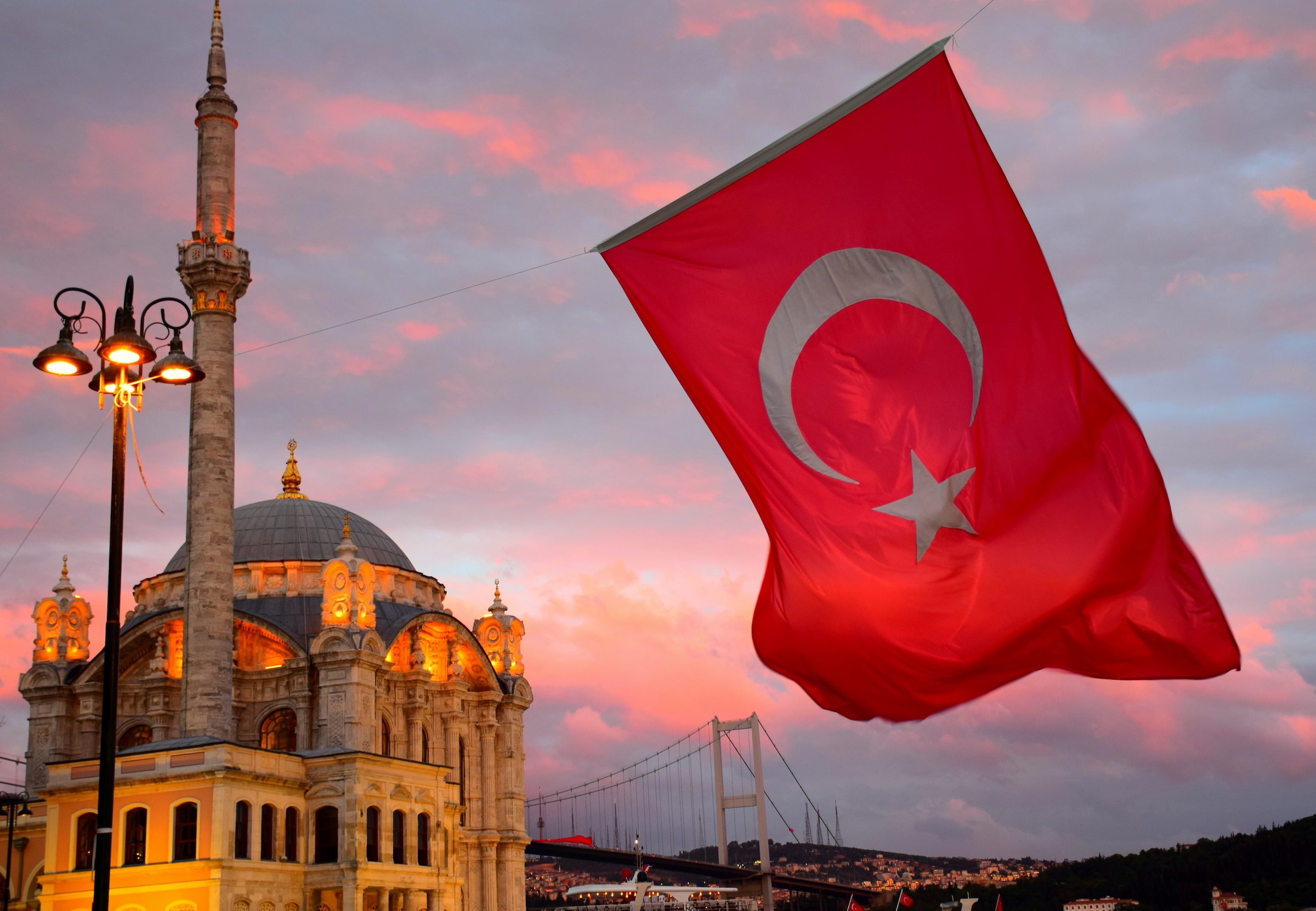The elections in Turkey are an important event both for the country itself and for the whole world. Turkey is an important player in negotiations regarding the war in Ukraine, security in Europe and the Middle East, and has a decisive position regarding blocking Sweden's entry into NATO. The Turkish elections will impact the decisions made in these areas and will have significant consequences for the future of international relations.
The upcoming elections in Turkey are being closely watched by international observers due to concerns that a victory for Erdogan could result in a shift towards a more religiously conservative model, marked by regional confrontations and increased political power centralized around the President. Erdogan has already made controversial moves in recent years, including suppressing press freedom and imprisoning political opponents, and there are fears that such trends may continue if he is re-elected. Therefore, there have been calls for the international community to pay attention to the Turkish elections and support efforts to ensure a free and fair vote. The outcome of the elections in Turkey is expected to have far-reaching implications for the political landscape of the Middle East and beyond, thus making it one of the most crucial events of the year.
While there is excitement around the prospect of an opposition victory in Turkey's upcoming elections, there are also concerns about the difficulties that may arise in governing. The parties that form the opposition in Turkey are a diverse group, with differing ideologies and priorities. The only common goal that unites them is their desire to defeat Erdogan and his party. Therefore, it may be challenging for them to agree on a unified approach to governing, and to maintain a stable coalition. It is likely that each party in the opposition will have to make significant compromises to work together, and there may be disagreements over key policies and priorities. These challenges may make it difficult for the opposition to deliver on their promises, and to effectively address the many pressing issues facing Turkey.
In these elections, the main themes of the two candidates for the presidency, Recep Tayyip Erdogan and Kemal Kilicdaroglu, are different. Erdogan focuses his campaign on economic issues such as high inflation, unemployment, and the increase of foreign debt, while Kilicdaroglu focuses on issues such as corruption and press freedom. The opposition leader made several promises regarding changing Turkey's foreign policy, including the reopening of talks on Turkey's accession to the EU, which had stalled under Erdogan's leadership.
These elections come at a time of crisis in Turkey. The recent series of earthquakes has hit the country and led to the death of tens of thousands of Turkish citizens. The way in which the authorities have managed the crisis has been criticized by many, and this has influenced the electoral campaign. Kilicdaroglu has criticized the way the government has managed the crisis and called for an independent investigation, while Erdogan has promised to take measures to prevent such disasters in the future.
Recent opinion polls suggest that Kilicdaroglu has significant chances of winning the elections. This is partly due to the growing discontent among the population with Erdogan and his party, the Justice and Development Party (AKP), and with how they have managed economic and political issues in recent years.
In conclusion, the elections in Turkey are an important moment for the country and the world. They will have significant consequences for international relations and will impact the decisions made regarding important issues such as the war in Ukraine, security in Europe and the Middle East, and Sweden's entry into NATO. Additionally, these elections come at a time of crisis for Turkey, and the way in which the authorities have managed the recent earthquakes will be an important factor in the voters' decision. However, opinion polls suggest that Kilicdaroglu has significant chances of winning the elections, indicating that Turks are seeking change and a new approach to their economic and political issues.










Trackbacks and Pingbacks